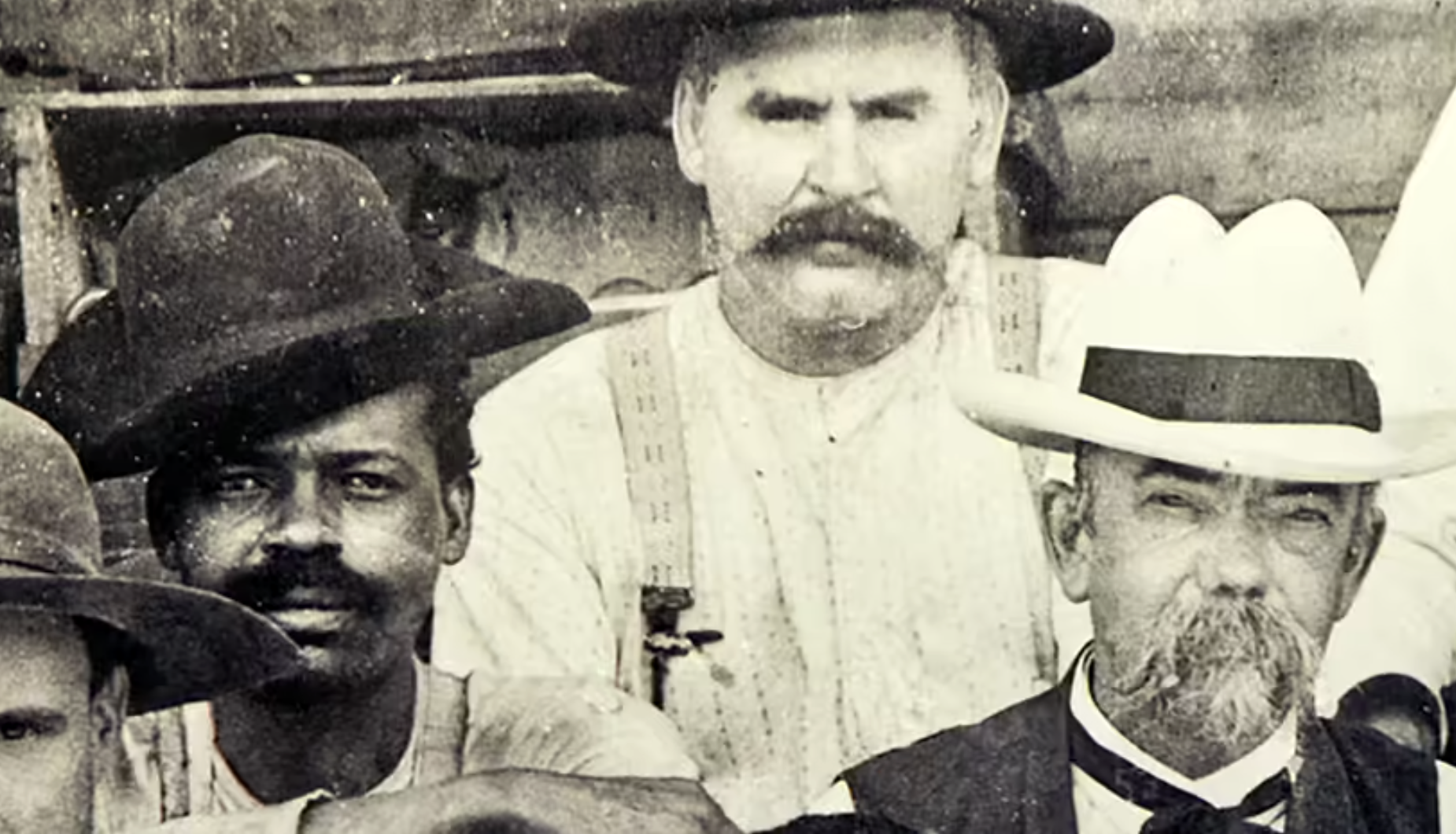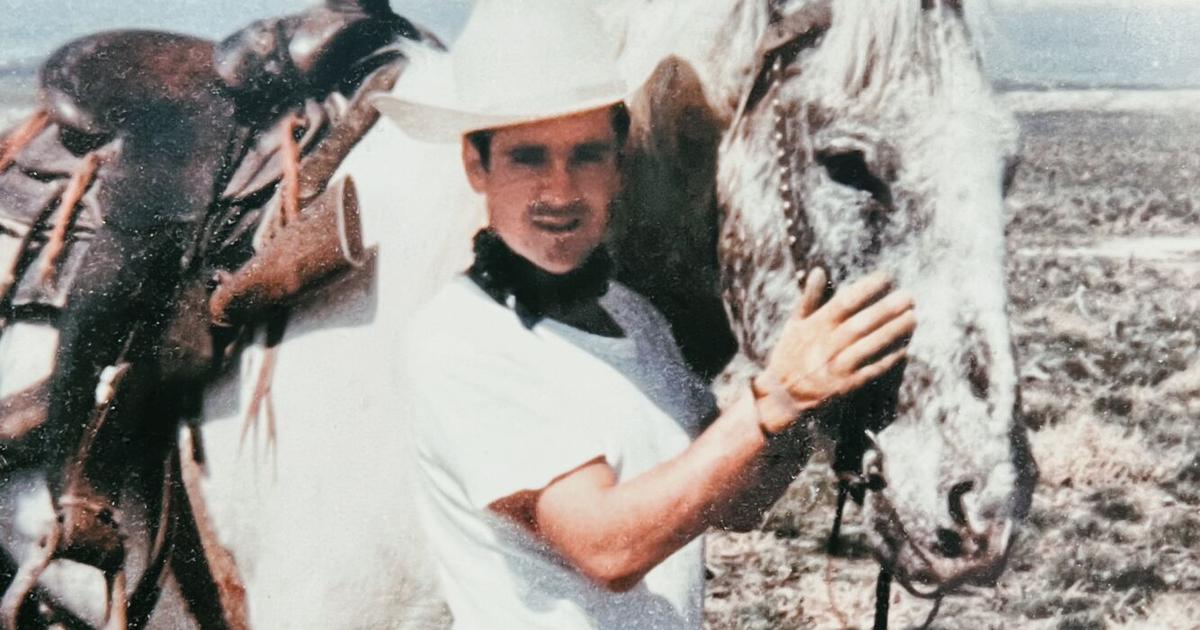And the big crisis took Trump and Sanders as protagonists in the seventh year.
- The U.S. establishment will have to transport Hillary Clinton to the White House. He will first have to defeat old Bernie Sanders, who told him that in the 21st century no one had to succeed in America with the word taboo 'socialism'. And then Donald Trump, the powerful cartoon of the Western populist clowns. With them, the great fear of the 30-year-old neoliberal experiments and the great crisis of the last seven years in the American middle classes has come to light.

Two anti-system candidates fighting with the equipment of their parties to take over the presidency of the United States, this is the impressive spectacle that brought us the spring of 2016. One mentioning the socialist measures to get out of the crisis, another putting all the principles of Yankee democracy on hold. Asier Blas has just explained clearly that in ARGIA (“the symptom of social change in the primaries of EE.UU.”) the debate is now not played between Obama and the tea party movement, but it is a debate between Occupy Wall Street and right-wing populism.
The Israeli writer Ari Shavit has written in Ha’Aretz that, since Donald Trump appeared on the front line of North America, they have been asking less of him, trampling on the Palestinians of Israel, about the evils of the government of Benjamin Netanyahu: “How has [Trump] come this glowing and dangerous clown, repugnant and vagabond so close to occupying the White House?” Shavin himself has responded, driven by three fears.
First, the fear of losing American identity, which is deeply felt by white and conservative residents; as if, in addition to blacks, the country were escaping their hands with the proliferation of Latinos, Asians, etc. Then there are economic distress, stemming from the weakening of the famous American middle class. And finally, the fear of the decadence of the EE.UU, because at the end of the 20th century, “the American century”, all the news speak of the growing force of China, the provocations of Russia, the Yankees cannot get caught up in the swamps of the Middle East conflicts...
Magazine director Michael Hirsh Politico believes (“Why Trump and Sanders Were Inevitable”) that in the past 30 years, like Republicans, Democrats have promoted globalization and the neoliberal model, that the 2008 crisis has done nothing but to germinate leaders outside the establishment, be it Sanders and Trump or others.
“During these years there have been many warnings: Anti-globalization protests in the late 1990s, the role of Ross Perot and Pat Buchanan among Republicans, the Occupy Wall Street movement in 2011... “And, above all, it has happened that the benefits of the middle class have fallen, while the rich have been living more and more isolated; there is the real social acid that slows down the damage.”
Although the neoliberal policy that today is the basis of non-egalitarian society was organized by the Republicans, later Bill Clinton and Obama himself have promoted the mantra of neoliberalism, reduce public deficits and cut taxes on the richest, thinking that the rich who had become richer would ruin goods like rain.
“Trump and Sanders,” says Hirshek, “are the yin and yang of the Americans’ concern; each shows in their own way the injustice many Americans feel.” But American rabias are not all people with little training and low qualifications who have not sought a place in the post-industrial information society, they have also achieved many well-trained unemployed young people who have just obtained the university diploma.
Some of them like it when it calls on Trump to close the borders to immigrants, those alleged robbers who take jobs from our young people. Others would like Sanders to imprison Wall Street sharks and sign fairer treaties with the world. According to Hirsh's analysis, the outraged are appropriating, as one, those who believe that they do not value the usual aspects to change things because they have been touched by a piece that is too small.
Affected by globalisation
Harvard economist Dani Rodri has said that ruthless crushing of the middle class is a cancer that has not been treated for a long time. The phenomenon of Trump and Sanders marriage has been fostered by the simplistic belief that the capitalist market was going to self-regulate perfectly at a crossroads where there are finally on the right a big mouth of rich builders and on the left a bare head of socialist, anti-liberalism, outrage against immigrants and opposition to Wall Street.
A society that, according to Thomas Piketty, seems to have no class in the minds of many, in these years has become an even more unequal society than that of that aristocratic Europe of 1914. To a large extent it has been globalisation that has enriched the professionals and employers at the highest level and impoverished the rest in proportion. Because as capital moves at lightning speed in a globalised world, the workforce – the workers – has to travel by boat, train or plane.
Poorer foreign workers face Americans, but meanwhile Wall Street companies still have more profits than ever before. Among workers, the salaries of senior employees and those of the rest are farther than ever before. And the most clumsy masters step out of the company with a gold premium.
In Rodri's opinion, "Now it can't be argued that as a nation we all go on the same boat. Because in the end we have begun to understand that the benefits of globalization have mostly come to the hands of the people with the highest qualifications and mobility capacity, who could intervene in capital.”
The Economic Policy Institute estimates that U.S. workers’ salaries have been frozen since the 1970s, while the benefits of 1% on the social side have increased by 156% and 0.1% at the summit end have increased by 362%.
But the 2008 financial explosion further exacerbated the gap between the Americans, which led to the destruction of middle-class people. The Federal Reserve has estimated that the annual income of such qualifying middle-class households decreased from $126,400 in 2007 to $77,300 in 2010.
The United States is emerging from a great recession with a very changed economy. The new warming, which has been mentioned so much, has made only the wealthiest feel in favour of rising stocks. Last February, Harvard Gazette said that poor Yankees at 20 percent in 2014 received only 3.6 percent of U.S. wealth: In 1974, the percentage of recipients was 5.7 per cent. 40 years ago, half the wealth of the United States was collected by 40% of the population, and today that same piece of bun has been reduced to 20%.
Factual forces can get Clinton invested in lehendakari, but without solving these radical problems no new riots are avoided.
Tennessee (United States), 1820. The slave Nathan Green is born, known as Nearest Uncle or Nearest Uncle. We do not know exactly when he was born and, in general, we have very little data about him until 1863, when he achieved emancipation. We know that in the late 1850s Dan... [+]











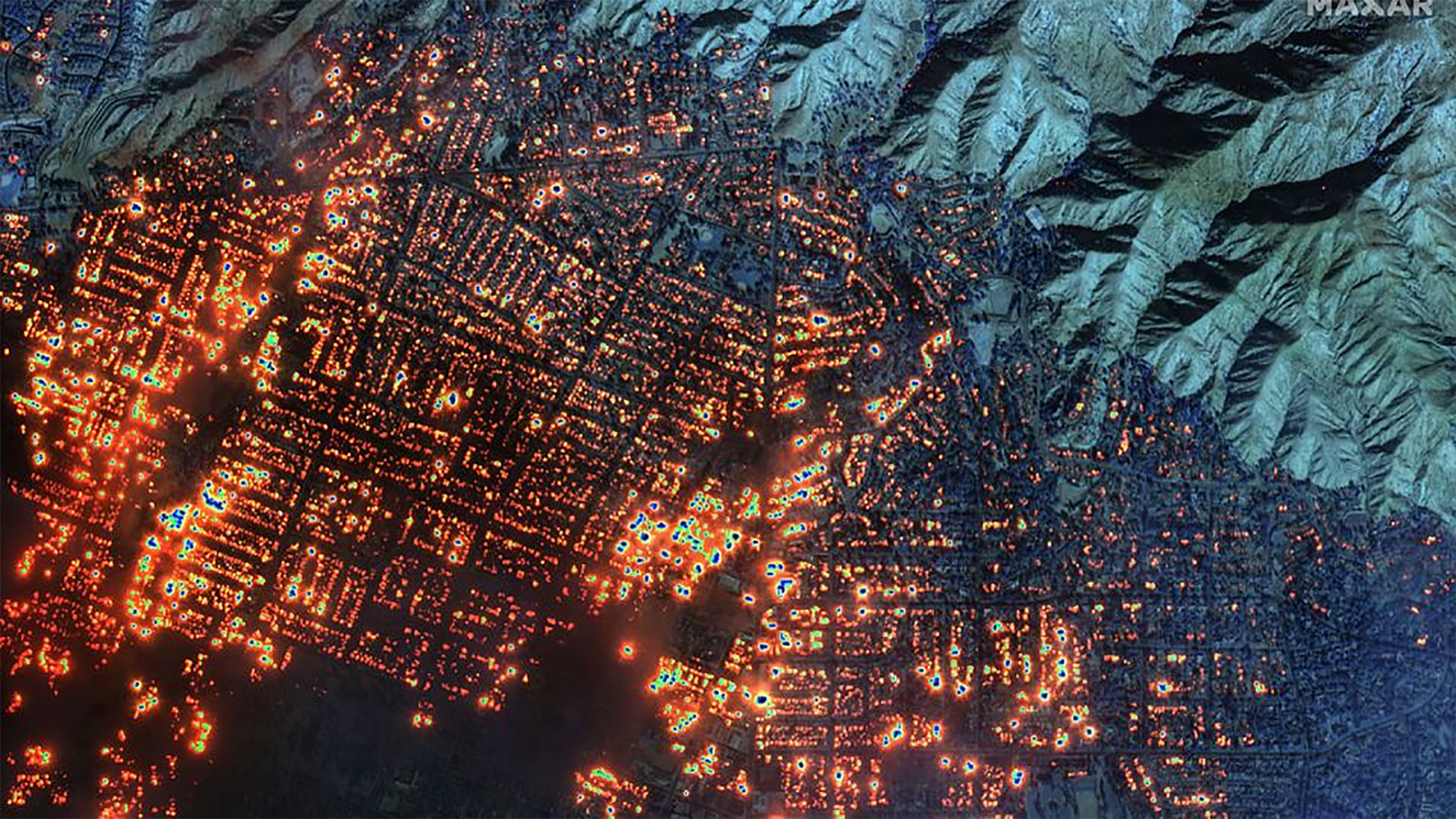
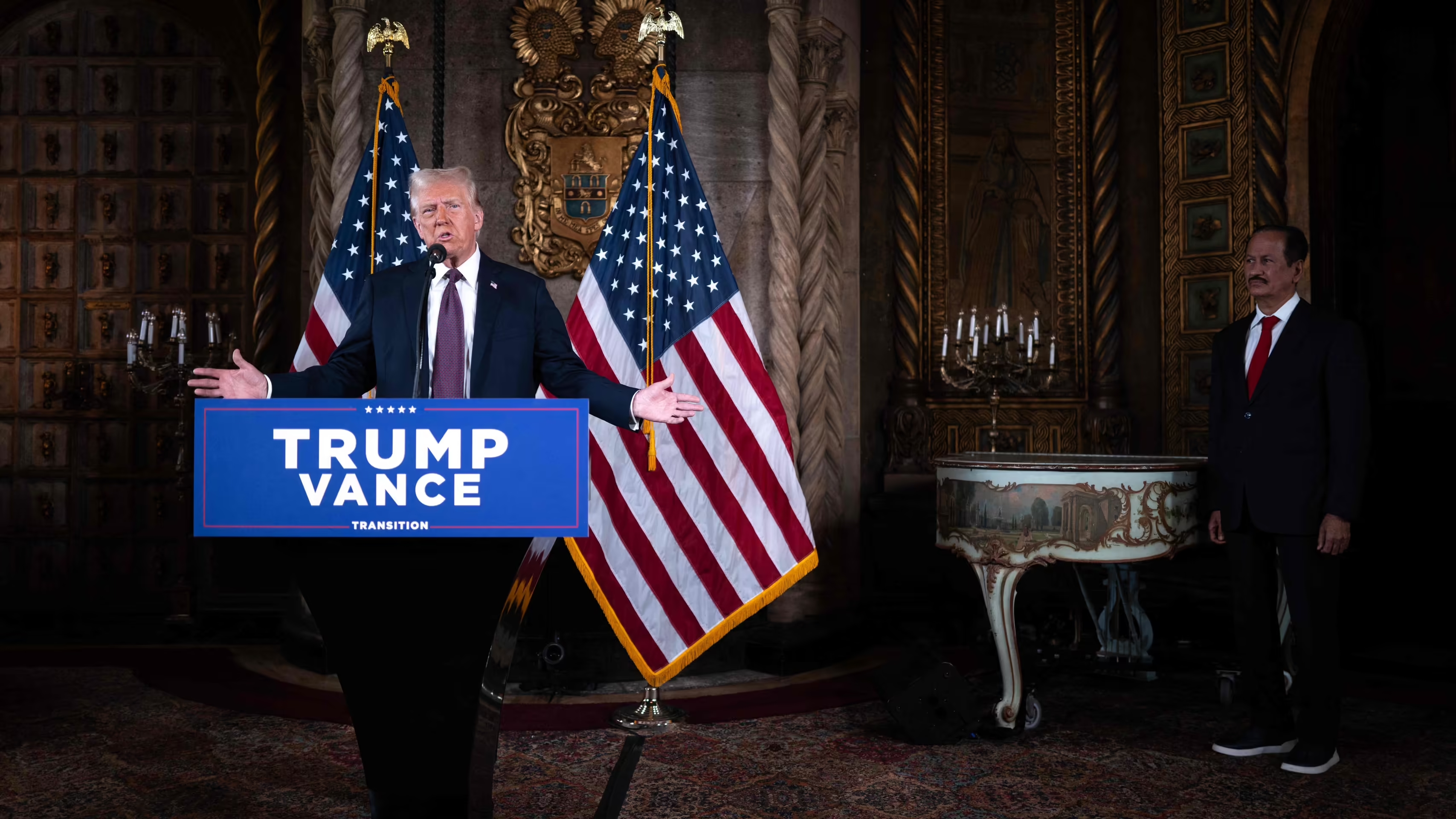




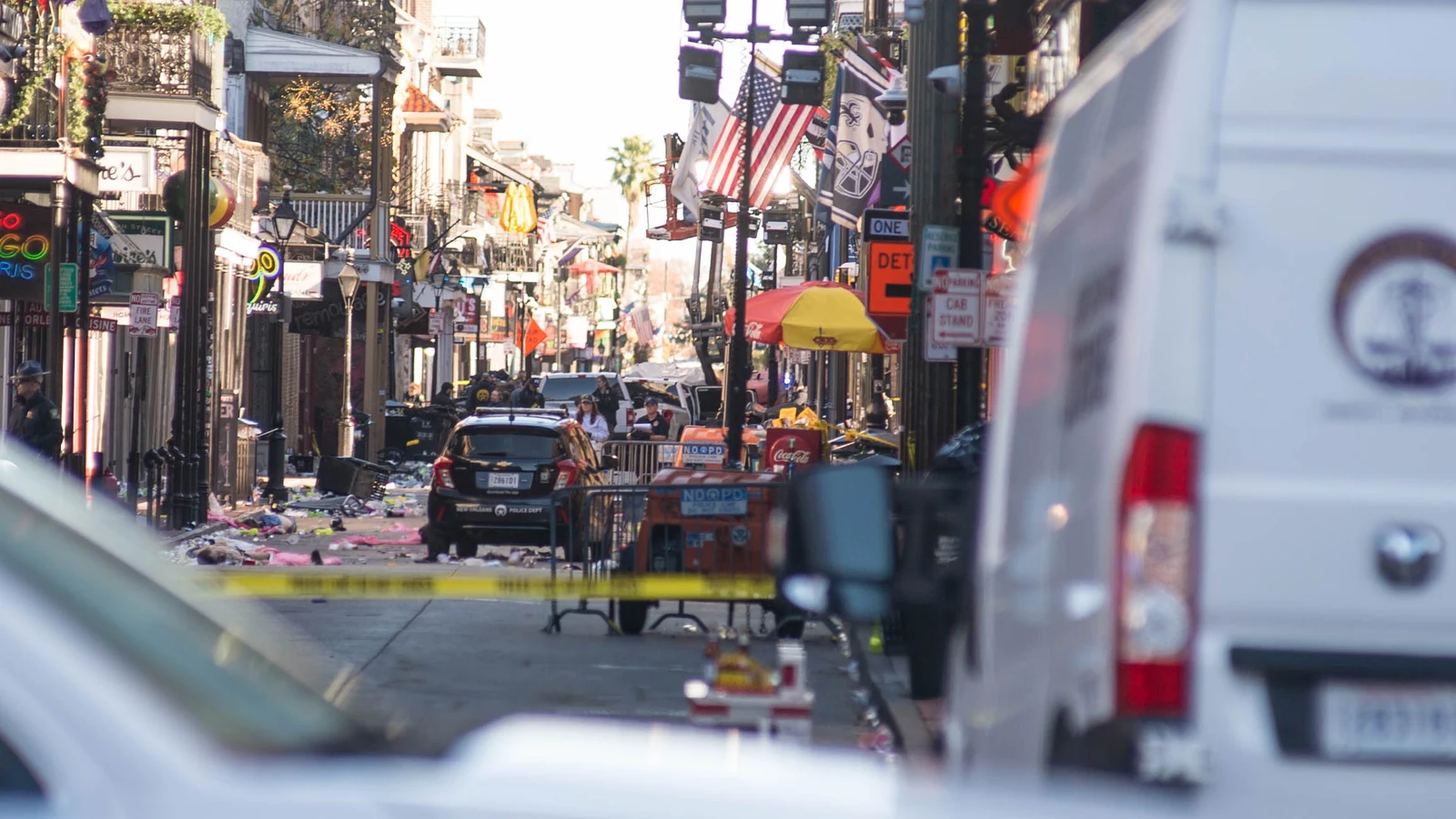
.jpg)
